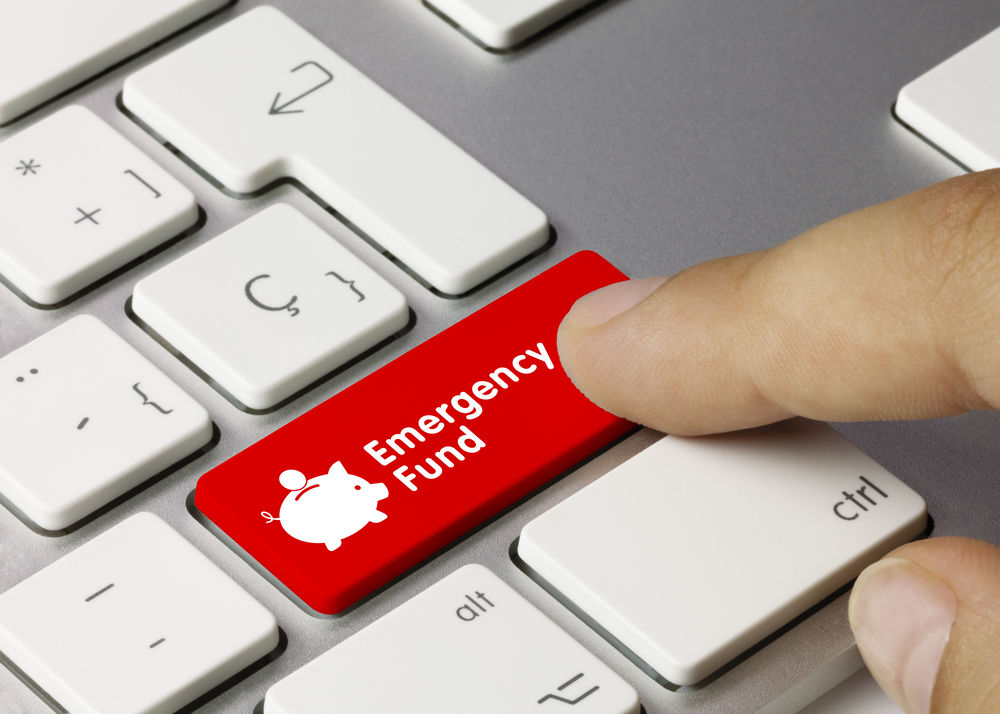Emergency Fund

The combination of Covid, Russian-Ukraine conflict, work force shortages, declining stock markets, natural disasters, and other factors outside our control bring with it risks and uncertainties.
Be prepared to withstand extended high inflationary rates, supply chain shortages and shocks to our economy.
While financial analysts are predicting this to be transitory, this is not a guarantee.
Plan to have a robust emergency fund of savings to counter increased prices and the unforeseen. To build your savings consider automatically depositing a portion of your earnings into a savings account.
Budget more for future spending on trips to grocery stores, clothing, cars, healthcare, rent, mortgages or vacations.
At the same time, as interest rates increase, do your best to improve your financial position by paying down whatever debt you can. Consolidating credit card debt may make a lot of sense if paying high interest rates on cards, typically in the 20% + range.
Caution should be exercised especially in the housing market against over-paying or over-extending your debt to income ratio. You might consider renegotiating a mortgage to keep monthly payments as low for as long as possible to assist with the rising costs of living.
If feeling stressed about money in the current environment it may be time to consult a financial professional to help you navigate your particular circumstances.
Note: This is intended as information only and not to be construed as financial advice.
